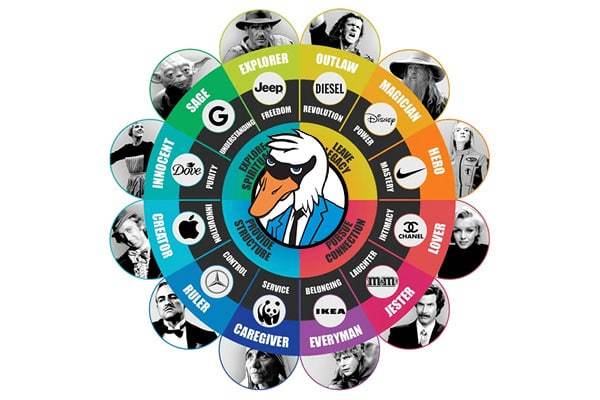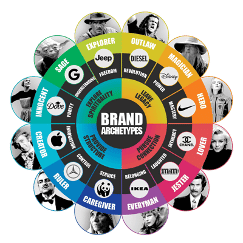
For the past several years, we’ve heard a lot of talk about the trend toward consumerism in healthcare. The availability of information on the Internet has allowed patients to do their research and “comparison shop” for providers and healthcare services. Rather than rely strictly on physician referrals, patients are reading online reviews and basing decisions on reputation and past patients’ experiences. COVID-19 has accelerated the consumerism trend, with more patients seeking higher quality, lower cost and more accessibility.
Enter competition from brands known for accessibility, and in some cases, much lower prices. Consumers have been trained to expect goods and services on demand by delivery services such as Instacart, Chewy and Amazon. They’ve looked to Walmart, CVS and other retail clinics for convenience and on-demand healthcare, with walk-ins welcome, availability before and after regular business hours, and prescription fulfillment on the spot. These consumer giants are competing with your primary care offerings and ambulatory care – the entry points to your healthcare system. They already have well-developed relationships with those patients – patients who know what to expect of them and are rewarded with the consistency of an experience cultivated over time.
So, what do these consumer brands have that you don’t?
They have a strategic, relatable brand platform based on consumer research. A platform that differentiates them from their competitive set, humanizes them and creates an emotional connection. In this world of evolving competition, it’s time for hospitals and health systems to go back to the branding basics.
A solid brand platform starts with an archetype.
An archetype is a basis for building a brand personality – it’s based on motivations and values that drive us all.
 The illustration to the left gives an overview of the 12 archetypes that are outlined in the book, The Hero and the Outlaw and are depicted by Brand Master Academy. The obvious route many community hospitals and health systems take is The Caregiver – focusing on compassionate care. Academic medical centers often take the mantle of Creator – touting innovation and cutting-edge treatments. These are safe, expected and non-differentiating approaches. Like human beings, the most relatable brands are multi-dimensional, with primary and secondary archetypal characteristics.
The illustration to the left gives an overview of the 12 archetypes that are outlined in the book, The Hero and the Outlaw and are depicted by Brand Master Academy. The obvious route many community hospitals and health systems take is The Caregiver – focusing on compassionate care. Academic medical centers often take the mantle of Creator – touting innovation and cutting-edge treatments. These are safe, expected and non-differentiating approaches. Like human beings, the most relatable brands are multi-dimensional, with primary and secondary archetypal characteristics.
Take an emerging competitor of yours, for example:
Amazon recently acquired One Medical with a subscription-based, direct primary care option. Of course, compassionate care is one of the key aspects of their brand personality. But their tagline, “No ordinary doctor’s office,” hints at The Outlaw, an archetype not normally embraced by healthcare organizations. But one is very appealing to patients who are tired of being just an insurance ID number, waiting days or sometimes weeks for an appointment, finally seeing a doctor who looks more at his/her computer than them and being rushed out of the office in a matter of mere minutes. Typical patients view interactions with their doctors as a transaction. One Medical tells us it can be more. And most importantly, we can “fall in love with our doctor’s office.”
So how do you build a brand persona based on an archetype?
Spin the wheel and pick something interesting? No. The wise approach considers the feelings, needs and experiences of the patients in your catchment area – the role you play in their lives and the role they want you to play. It also takes into account the positioning of your local and emerging competitors.
Explore your options for creating a brand that is realistic, relatable, rare, relevant and remembered. Let us help you research so you can reach and exceed your branding and marketing goals.
The original version of this page was published at: https://frederickswanston.com/break-your-common-archetype-brand-with-meaning/
Frederick Swanston is a full-service advertising agency with capabilities in creative, brand development, media strategy and placement, web development, interactive, direct marketing and research.
You know WHAT your organization does and HOW you do it.But it’s your WHY that matters most in the mind of the consumer.The US healthcare sector has been around since 1735, when ...read more
Step up the originality.In a crowded healthcare marketplace, break free from the crowd with originality and creativity.Raise your hand if you’ve ever been in a meeting and someone ...read more
2020 asked a lot of us as an agency and as human beings. We wore many hats for our clients, becoming cultural experts and social activists overnight, while maintaining some sense of ...read more
We recently attended the 24 Annual Healthcare Marketing & Physician Strategies Summit. Here's what we took away from the sessions.Cancer In Other WordsA reminder to understand ...read more